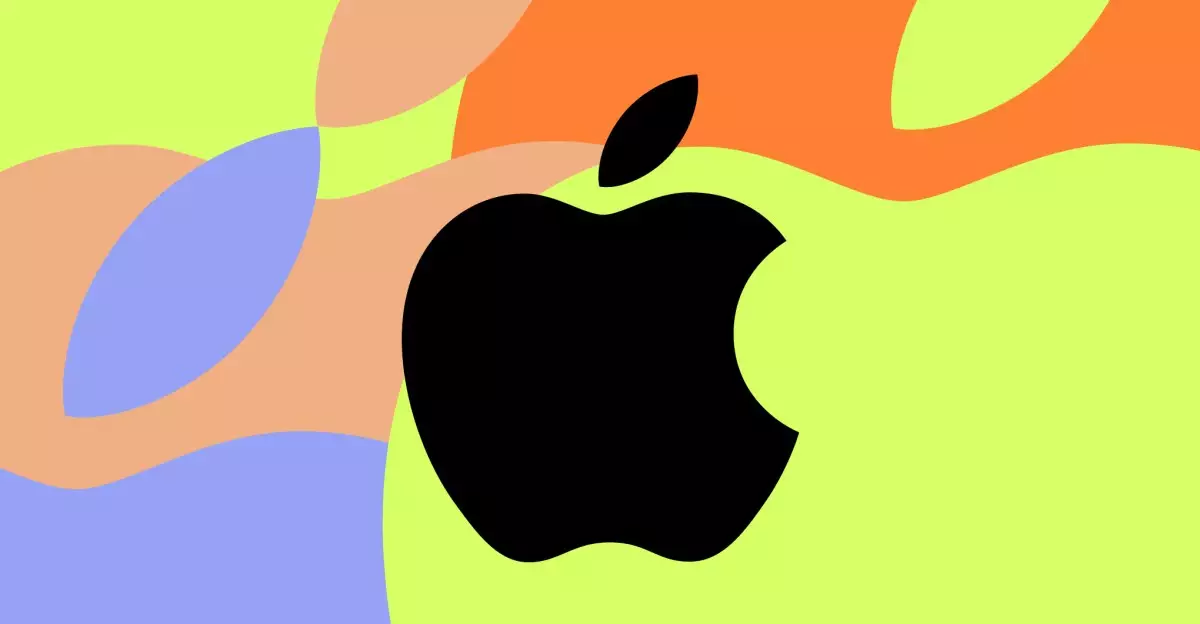In an eyebrow-raising courtroom showdown, Judge Yvonne Gonzalez Rogers shone a glaring light on the murky depths of corporate deceit as she scrutinized the testimony of Apple’s finance vice president, Alex Roman. Her strident statements disclose an alarming reality — that corporate leaders might manipulate the truth with impunity. The implications are dire, not only for Apple but for the broader corporate landscape, as the judiciary steps in to draw the line against potential malpractice in a digital age where accountability is often a mere afterthought.
A Revelation of Dishonesty
In her sweeping ruling, Judge Gonzalez Rogers put forth claims that Roman’s testimony was not just misleading but fundamentally dishonest, filled with “outright lies.” This is substantial, as it raises not only ethical questions but also legal ramifications for Apple, a tech giant that has often played fast and loose with regulations in the name of profit. Crucially, Gonzalez Rogers asserted that Roman misrepresented critical timelines regarding Apple’s fee structures — something that could have far-reaching consequences for their revenue strategies and relationship with developers and consumers alike.
The revelation that Apple had determined its 27 percent commission well ahead of its public announcement starkly contradicts Roman’s statements under oath. It’s astonishing that in a judicial environment demanding truthfulness, corporate representatives would risk the ire of the court by engaging in what can only be described as perjury.
Consequences Awaiting Apple
The ruling poses an imminent threat to Apple’s established revenue streams, as Judge Gonzalez Rogers has not only invalidated their business model’s legitimacy concerning in-app purchases but has also announced intentions to escalate the issue to the U.S. attorney for potential criminal contempt proceedings. This could embed Apple in a labyrinth of legal troubles, forcing them to reassess their business strategies and compliance with judicial orders.
Words such as “willful non-compliance” and “anticompetitive barriers” indicate that this might be more than just a legal dispute; it is indicative of a systemic problem where corporations misinterpret or blatantly defy judicial oversight. Apple’s apparent belief that such insubordination could be tolerated marks a grave violation of trust that could alter how technology companies operate moving forward.
The Broader Implications for the Tech Industry
The implications of this ruling extend beyond Apple’s walls, serving as a crucial benchmark for all major players within the tech industry. As digital ecosystems become increasingly lucrative, it’s paramount that the stakeholders prioritize transparency and accountability. The judiciary’s readiness to confront corporate dishonesty suggests a shift towards a more proactive approach against those who exploit loopholes for monetary gain.
As we stand at a crossroads in the tech world, the courtroom drama underscores a salient point: significant entities cannot act without a moral compass or disregard legislative boundaries. Judge Gonzalez Rogers’ fierce commitment to integrity and fair play should serve as a wake-up call for all corporations, emphasizing that accountability can no longer be sidestepped in the modern marketplace.

